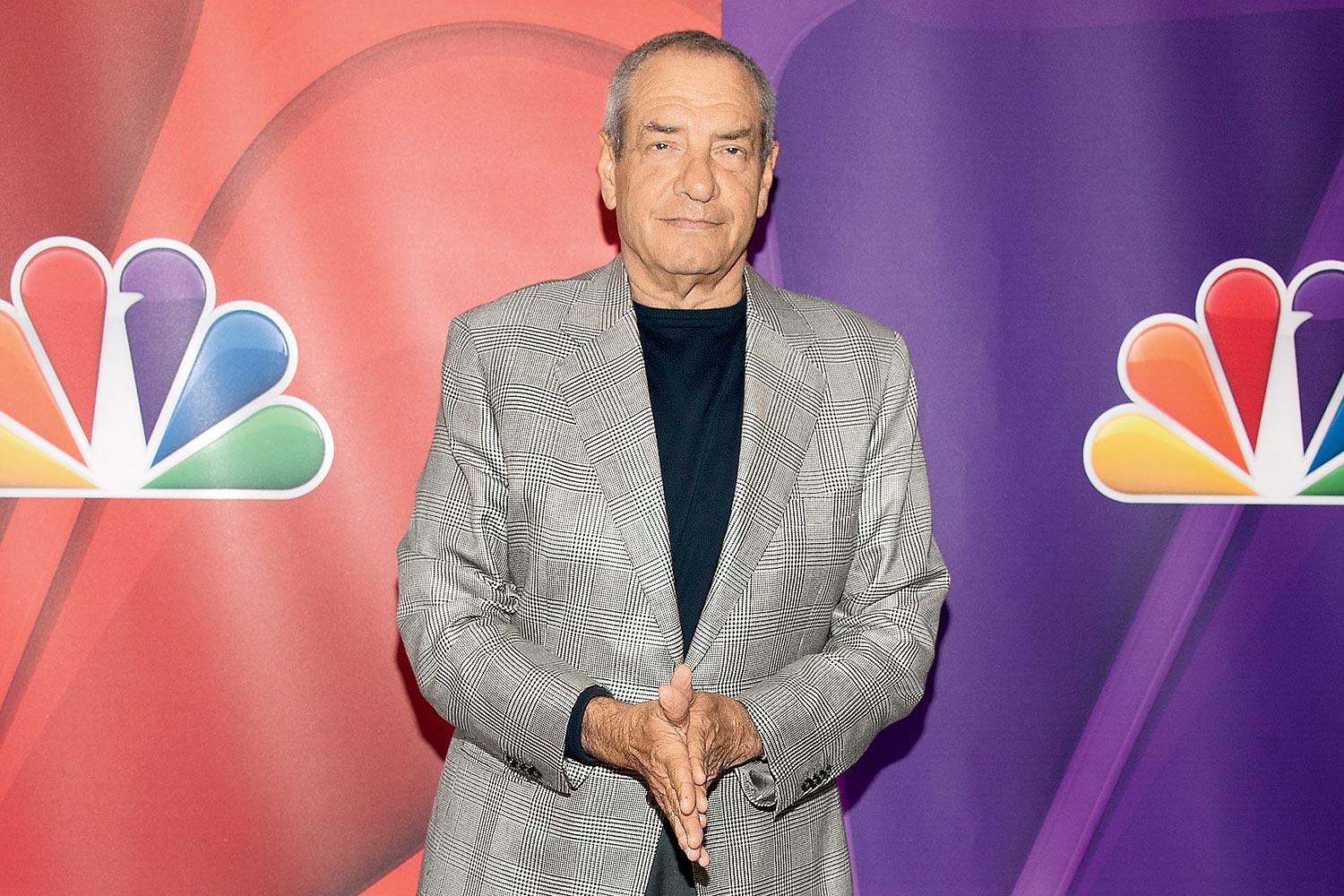Your new cop show, Chicago PD, premiered January 8 on NBC. What should viewers know about it?
It evolved out of characters that had been on Chicago Fire [another Wolf series, Tuesdays on NBC]. Characters from PD and Fire are able to seamlessly interact on both shows, which I really haven’t had the opportunity to do in the past. We’ve done crossovers over the years with various shows, including in the very early years of Law & Order and Homicide: Life on the Street, but these two [Chicago] shows are siblings. They’re going to be very complementary.
I hear there is going to be a Chicago PD/Law & Order: Special Victims Unit crossover. True?
There’s an early crossover with SVU [the airdate hasn’t been scheduled yet] where Ice-T and Kelli Giddish [who play NYPD detectives Odafin Tutuola and Amanda Rollins, respectively] come to Chicago as SVU detectives.
What’s the difference between cop shows and firefighter shows?
Cop shows are inherently about the darker side of the human condition rather than the rescue side.
Why did you set these shows in Chicago?
The mayor [Rahm Emanuel] asked the same question. Look, I didn’t want to go to New York. I’ve been shooting there very successfully for almost 30 years now, but Rescue Me [a series on FX about New York firefighters] went off the air, and I didn’t want [people] comparing New York Fire to New York Fire.
But you could have shot in other cities.
I’ve had a soft spot in my heart for Chicago for years. The [moral] values that the characters espouse on the show [would be] easily dismissible if it were set in New York or L.A.—it [would be] almost “Oh, come on”—but in Chicago those are the values that drive these guys. It’s unabashedly meant to intermittently tug at your heartstrings as much as it’s supposed to get the adrenaline going. Chicago is like a cleaner, politer New York with slightly heavier people. It’s very friendly, and people actually seem happy to see you.
Chicago has attracted lots of TV projects lately—Starz’s Boss, Showtime’s Shameless, ABC’s Betrayal. Why?
It’s a very film-friendly city. The mayor has really laid out the red carpet for us in terms of cooperation and access.
You’re a master of procedural crime dramas. What do you like about that format?
My earliest reading experience was at about six years old, starting with the Hardy Boys and then moving on to Sherlock Holmes. Both of those franchises were relatively endless in terms of taking what is admittedly a formula and making it an advantage in the storytelling. The perfect Law & Order cut is when a piece of evidence emerges and they say, “My God, the time of death was 10:06 Tuesday.” Cut to the detectives interviewing someone, saying, “Where were you at 10:06 Tuesday?” And the dominoes continue to fall throughout an episode.
Speaking of books, last year you made the unusual jump from producing shows about NYPD detectives to writing thrillers about them. Your next book, The Execution, is out this month.
Yes, it’s [my second]. When my 26-year-old daughter read my first book [2012’s The Intercept, about a Jack Bauer–esque cop on the hunt for terrorists in New York], she said, “Gee, Dad, it’s kind of like a script.” I said, “Bingo.” The books are stories that are too big to tell in one- or two-hour episodes.
You live in Los Angeles. How often do you visit Chicago? What do you like to do when you’re here?
I usually visit eight to ten times a year. I enjoy going out to dinner at the Palm or Shaw’s Crab House on Hubbard with producers and actors from [the shows]. The dinners tend to be long and a little raucous.



